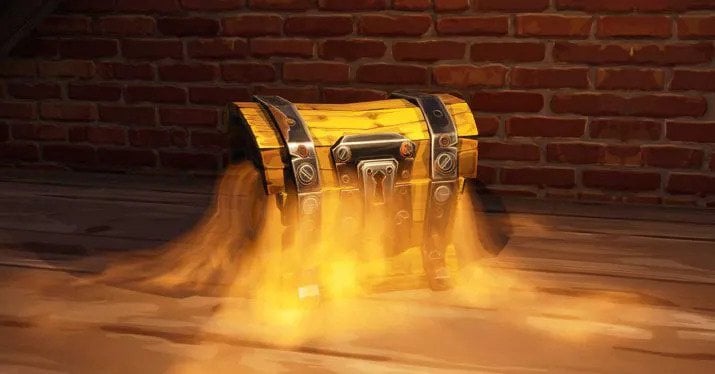Loot boxes have long been a controversial topic in gaming, with opponents suggesting that they should be classified as a form of gambling, and as such should be in age-restricted titles only.
As part of legal push focused on protecting younger people in digital environments, Brazil has moved to ban loot boxes for anyone under the age of 18, tying them directly to the age classification of the game.
Brazil Puts Age Restrictions on Loot boxes
Brazilian president Luiz Inácio Lula da Silva signed the ECA Digital Law earlier in September and it comes into effect from March 2026. This law defines loot boxes as:
“Functionality available in certain electronic games that allows the player to acquire, upon payment, consumable virtual items or random advantages, redeemable by the player or user, without prior knowledge of their content or guarantee of their effective usefulness.”
Gaming Laws in Brazil
While the part of the law addressing loot boxes is Article 20, Article 21 refers to how elements that directly connect players, such as voice chat or content sharing, have to comply with certain safeguards in order to be considered sufficiently safe for children and younger audiences.
This is presumably an effort to crack down on the number of opportunities available for people to share harmful content. This is in line with the original aims of the law looking to determine and regulate the “significant degree of risk to the privacy, security or biopsychosocial development of children and adolescents” through its measures.
International Stance on Loot Boxes in Gaming
How does this align with how other countries have approached the topic of loot boxes?
At a similar time last year, Australia took similar measures by getting a minimum-M rating, while Belgium famously trail-blazed the movement back in 2018.
Japan requires games with loot boxes to also disclose statistics related to how likely a specific outcome is to occur. Others meanwhile, like France, have decided for now that loot boxes do not constitute gambling as the contents of the loot boxes don’t have a real-world monetary value.

